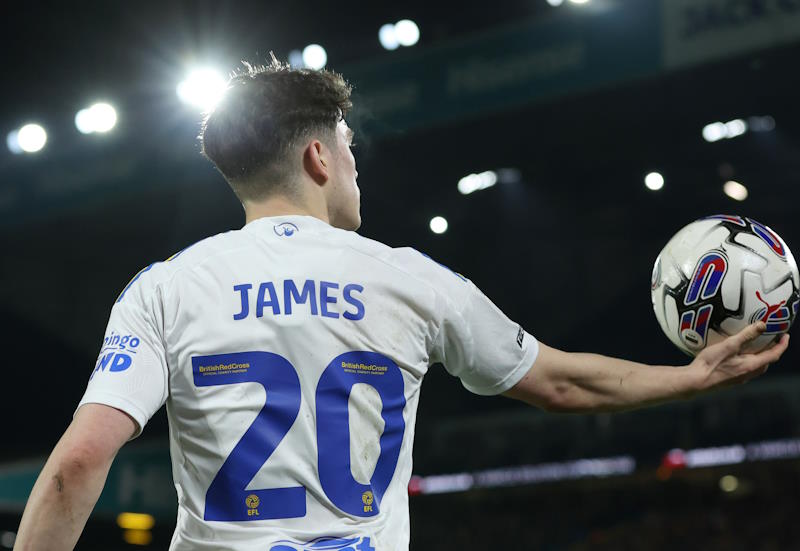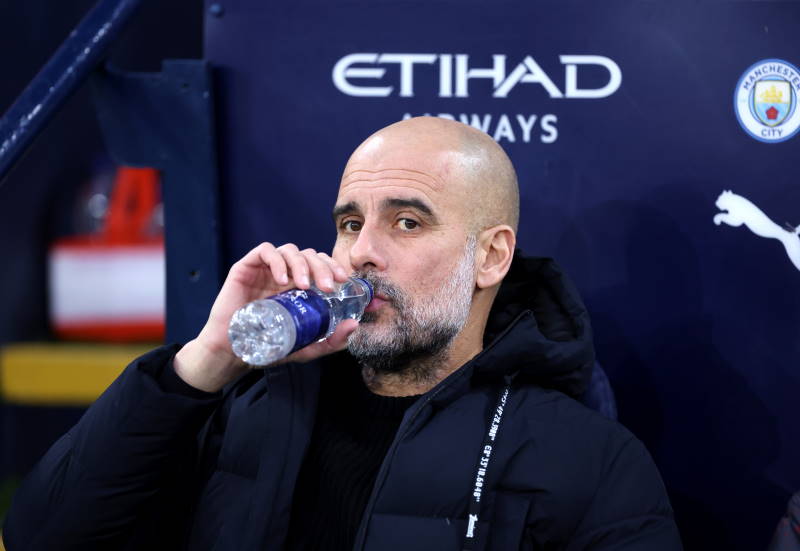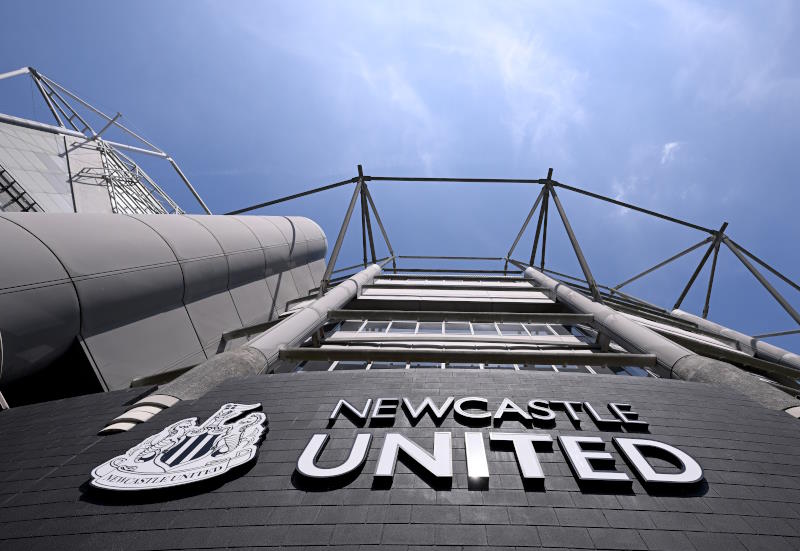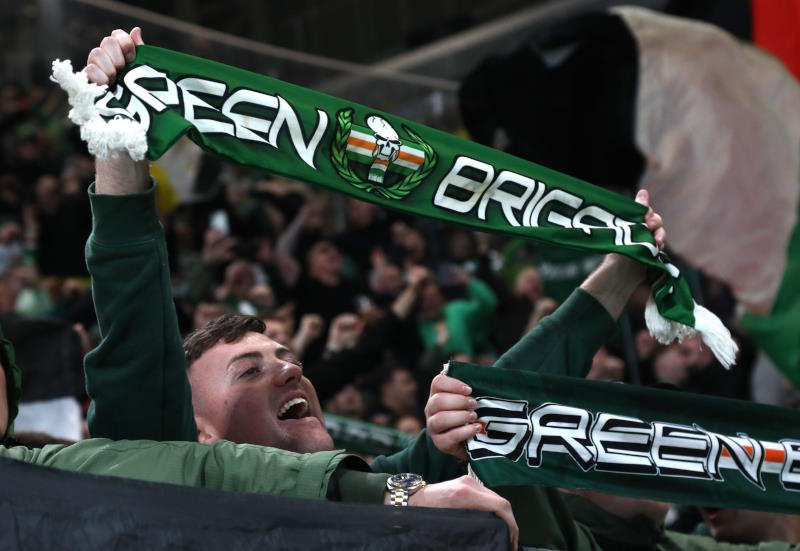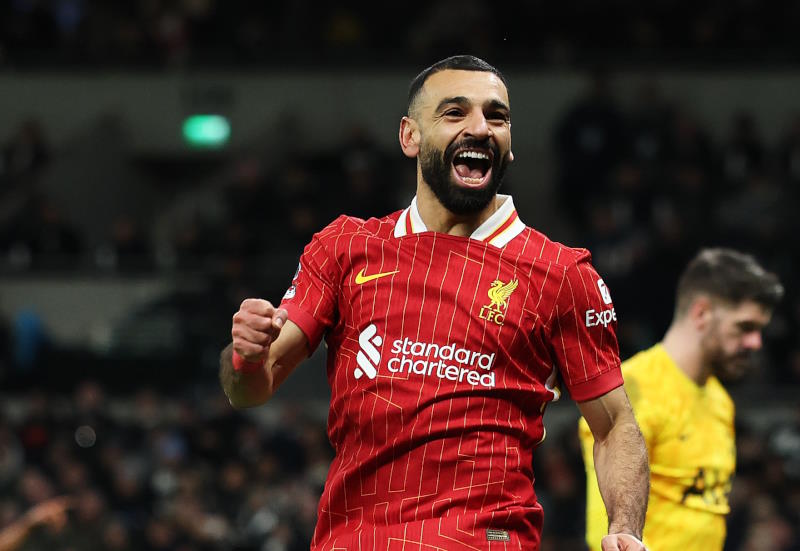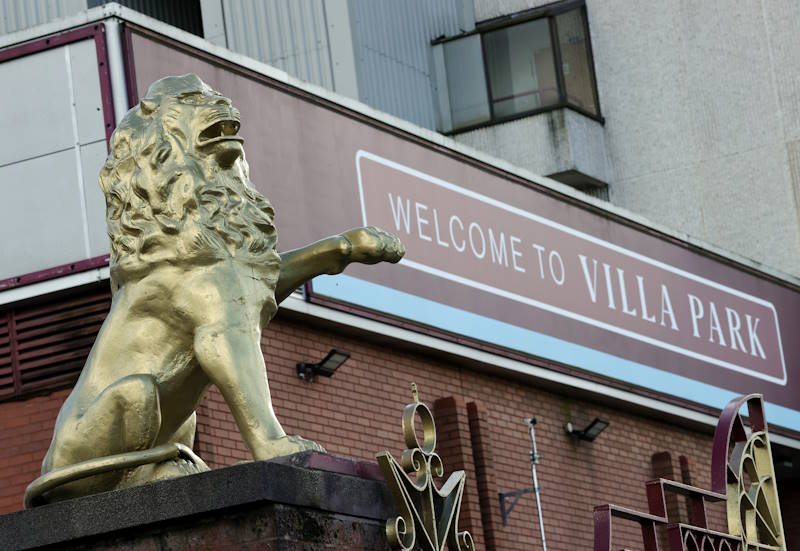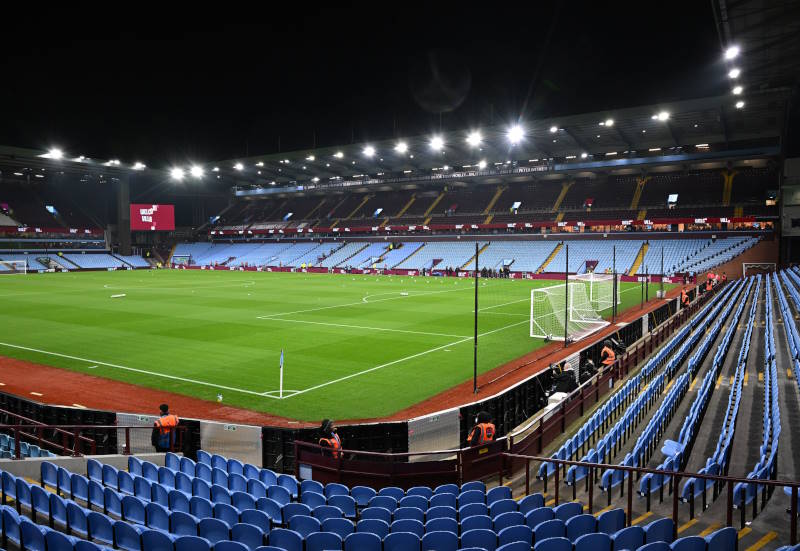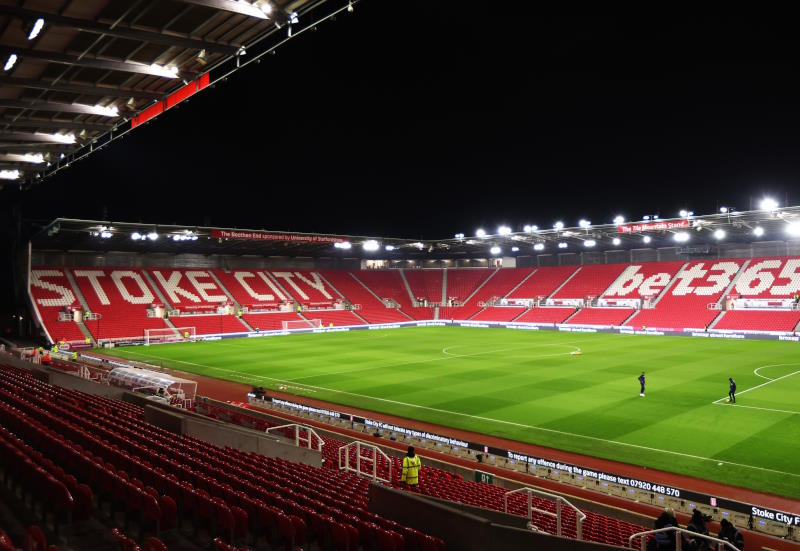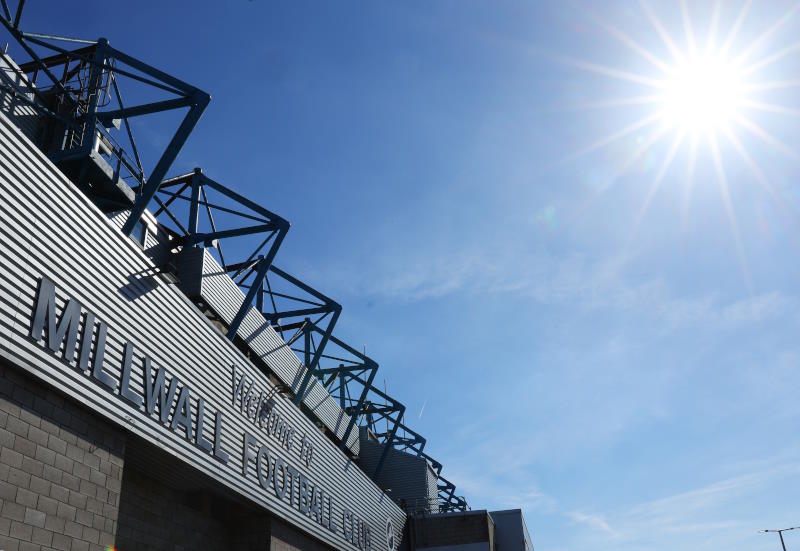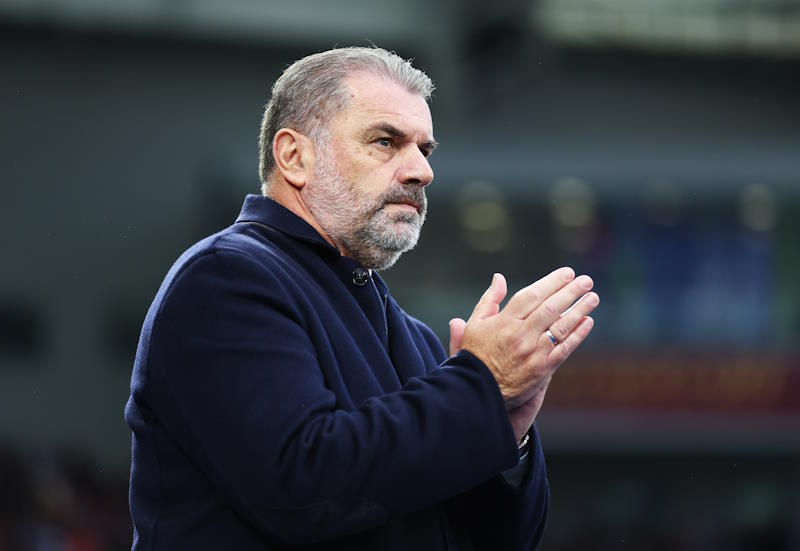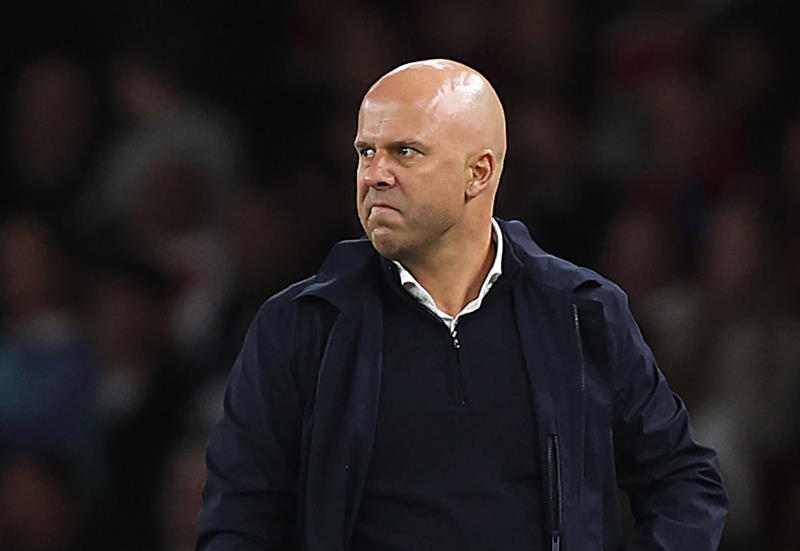Ben Somerford
The recent decision by the man dubbed ‘God’ (Robbie Fowler) to pack up life in England and head to the tropics of far north Australia has caught many by surprise.
The 33-year-old Anfield legend, who was born in Liverpool and has played his entire career in England, revealed in February he and his family would be trading in the wintery weather of the United Kingdom for sunny Australia where he would play for new A-League franchise North Queensland Fury.
While Fowler’s career has been in decline over the last few years since leaving Liverpool for a second time, many football fans first reaction to the news of his move to Australia would have been complete surprise.
But at the other end of the spectrum, Fowler’s arrival in Australia is just what the doctor ordered for football Down Under, as the fledgling A-League tries to make its mark on the domestic sporting landscape.
Football is one of many sports jostling for the attention of the sports-crazy Australian public. And while the national team, the Socceroos, is the sport’s trump card, the A-League is seen as critical to cementing football’s place in the competitive market of Australia, which includes cricket, Australian rules football, rugby union and rugby league.
So the arrival of ‘God’ inevitably creates publicity and attention for the A-League and that can only be good for a league barely four years old.
But there is more to it. Football in Australia has been riding a wave of excitement since the Socceroos qualified for the 2006 World Cup, but years on from that now, that wave is gradually turning into a ripple and the sport desperately needs something to regain momentum.
The upcoming 2010 World Cup in South Africa, which the Socceroos look likely to qualify for, will inevitably garner up football fever again Down Under, but in the meantime the sport needs to keep making inroads and the A-League is one outlet for that to occur.
And while the signing of a player in his mid-30s who hasn’t scored professionally for almost 18 months may result in skepticism from some, it is likely many more others will be excited by the prospect of witnessing a player who excelled at the highest level in England and Europe first-hand.
Indeed what Fowler brings to the A-League is something new, something not seen before, something which sparks attention and interest, and that is exactly what the competition needs right now.
The A-League is still just a baby in footballing terms, with just four candles to blow out. Its current campaign has just come to an end with Melbourne Victory defeating Adelaide United in the Grand Final to claim the title.
But season four of the A-League has seen crowds decline on average for the first time in its history and the competition has copped criticism for being stale and boring.
And one of the reasons for the argument that the league had become stale was the fact that there was nothing igniting interest from the public. There were no players who fans would pay their admission fees alone to come and watch.
In a league like the A-League fans don’t expect to see the world’s best players. But what they do want for their dollar is to be entertained and that takes characters. Ex-Liverpool legend Robbie Fowler is someone who most certainly fits that bill. After all, Fowler was not given the nickname ‘God’ by the Anfield faithful for nothing. In fact, many would tell you Fowler is the most naturally gifted striker the club has ever had.
During this fourth season of the A-League the clubs of the competition had begun following a peculiar trend to which the decline of attendance figures could potentially be attributed.
First of all, it is worth explaining that in the A-League all clubs are bound under a salary cap which allows them to only spend a certain quota on their playing squad thus equalizing the league.
But the governing body of the A-League, the Football Federation of Australia (FFA), realised the restricting effects of such a policy on luring big-name star players to the competition and thus introduced a marquee player system which enables every club to sign one player outside the salary cap on an unlimited wage. Thus that player would be the club’s marquee player.
Indeed, teams took up that opportunity and the likes of former Manchester United star Dwight Yorke and ex-Brazil international Juninho have graced Australian shores with a football at their feet, but they are now long gone.
And into season four the problematic trend began amongst A-League clubs of signing marquee players who weren’t really ‘marquee’ players.
Initially the idea of a marquee player was to have a big-name player who would bring crowds to games and spark interest in the competition. But by season four clubs started to think that spending big money on just one player wasn’t creating enough turnover to justify the expense.
So instead, clubs began making high-profile Australian players their marquee players in order to increase the quality of their squad at an affordable level. Essentially this trend went against the initial rationale behind the marquee concept.
With due respect to the Australian players who became their club’s marquee men, they were not the likes who generated interest and attention in the league. They were not players who were something new or something not seen before, and thus crowds dipped.
But that is where Fowler enters the fray. He is that someone who will create interest in the A-League.
And actually Fowler’s new club, North Queensland Fury, was another guilty of following this trend when they initially signed fringe Socceroo Jade North as their marquee player before he moved to Korea forcing the Fury to find an alternative name.
They perhaps couldn’t have done much better than luring a name like Robbie Fowler to the A-League.
And already the signs are good with the newspapers in Townsville, where North Queensland Fury are based, flooded with stories on Fowler whilst in the terraces around Australia at A-League games or on internet football forums. Everybody is talking about ‘God’.
Fowler’s Australian move has also caught the attention of football fans the world over and Australia based Liverpool fans are licking their lips at the prospect of seeing this Reds legend line up in their domestic league. All this only increases attention and interest in the A-League and that is exactly what it should do and what football in Australia needs it to do.

